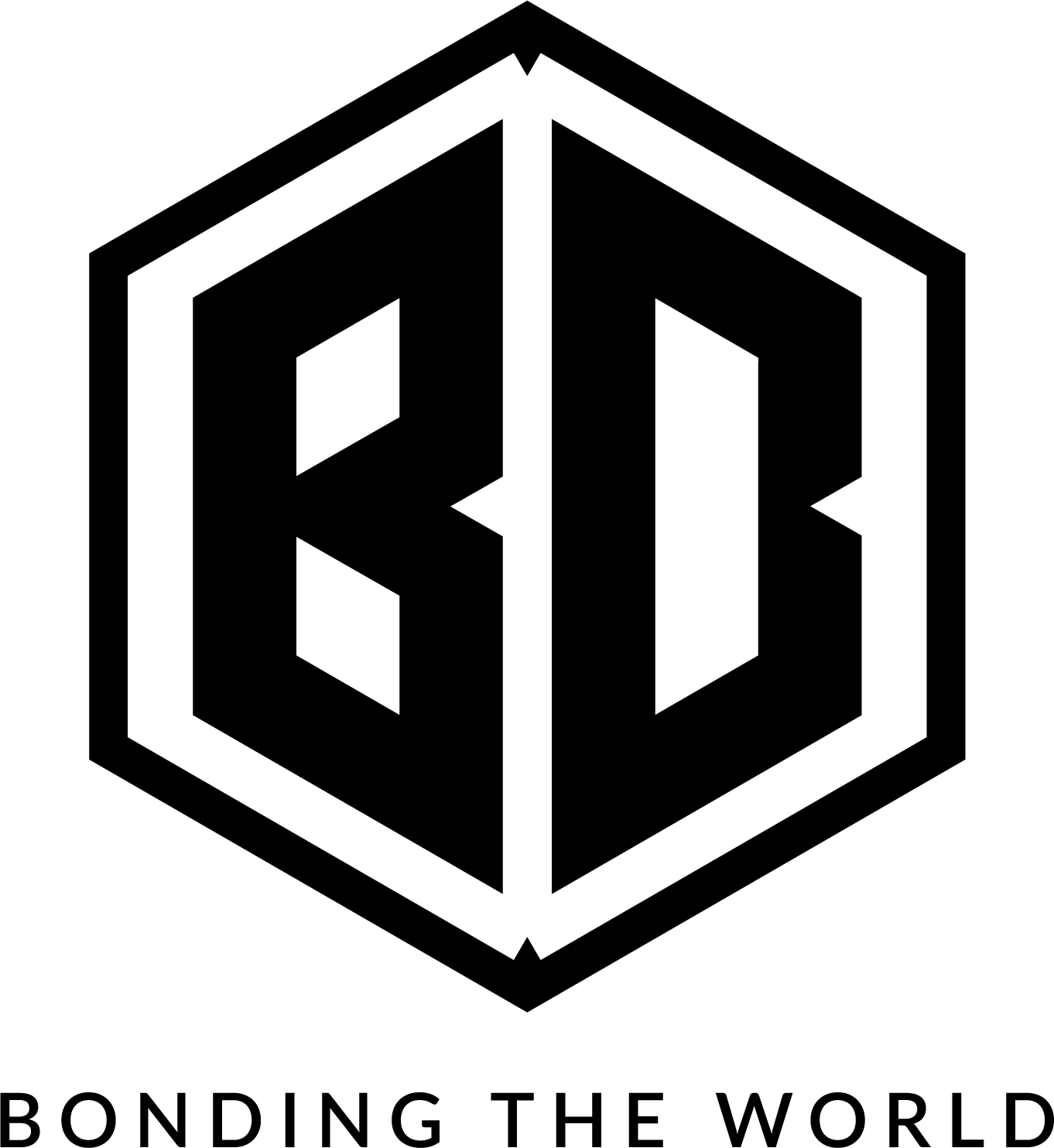Inquiry
Form loading...
As the global market for insulating glass silicon glue continues to expand, driven by advancements in energy efficiency and sustainable building practices, it becomes increasingly vital for manufacturers and suppliers to navigate the complexities of import and export certifications. According to a recent industry report, the insulating glass market is projected to reach $24 billion by 2025, with silicon glue playing a pivotal role in enhancing thermal performance and structural integrity. This growth is further supported by government regulations aimed at reducing carbon footprints and promoting energy-efficient technologies. To successfully tap into this lucrative market, stakeholders must not only understand the technical specifications and performance standards required for insulating glass silicon glue but also the intricate certification processes across different regions.

In this blog, we will explore the crucial steps and best practices for obtaining the necessary certifications, ensuring compliance, and ultimately enhancing market competitiveness.
Navigating the import and export certifications in the insulating glass industry is crucial for businesses looking to thrive in a global market. Insulating glass, particularly those utilizing silicone glue, requires adherence to specific standards to ensure quality and safety. According to a report by the International Window & Door Association, the global market for insulating glass has been projected to reach $44.5 billion by 2026, emphasizing the importance of compliance with certifications such as ISO 9001 for quality management systems and ASTM standards that dictate performance criteria.

Understanding the various certification processes can be daunting but essential. For example, environmental certifications, such as the LEED and Energy Star, are increasingly important as consumers and businesses prioritize sustainability. The U.S. Department of Commerce indicates that exports of construction materials, including insulating glass products, grew by 8% in 2022, driven by a demand for energy-efficient building solutions. Ensuring that products meet international standards not only facilitates smoother import/export processes but also enhances marketability.
When it comes to the certification of insulating glass silicon glue, adhering to key industry standards is paramount for ensuring quality and compliance. According to a report by the American National Standards Institute (ANSI), the industry has experienced a significant shift towards stringent certification processes, particularly regarding adhesion and environmental resistance. The standards outlined in ASTM C1036, which specifies the requirements for the dimensional and optical properties of glass, play a critical role in the certification of products used in insulating glass applications. Meeting these standards not only enhances product reliability but also helps mitigate risks related to installation failures.
Moreover, the European Standard EN 1279 emphasizes the importance of insulating glass units in achieving energy efficiency and durability. This standard outlines the requirements for insulating glass with a focus on thermal performance and moisture resistance, both of which are essential for silicon glue used in glazing applications. Recent findings indicate that products complying with EN 1279 standards demonstrate reduced thermal conductivity by up to 40%, contributing to significant energy savings. As manufacturers navigate the complexities of certification, compliance with these key standards is not just a regulatory requirement but a strategic advantage that can enhance marketability and customer trust in their products.
This chart illustrates the number of certification providers available for the key industry standards related to insulating glass silicon glue. Understanding these certifications is essential for compliance in import and export processes.
When dealing with silicone-based adhesives, particularly for insulating glass applications, understanding the regulatory landscape is crucial. These adhesives must comply with various international standards and certifications to ensure safety, effectiveness, and environmental protection. Regulatory bodies often have specific guidelines regarding the composition and performance of these products, which can vary significantly from one region to another. Manufacturers must stay informed about the requirements set forth by organizations such as the American National Standards Institute (ANSI) or the International Organization for Standardization (ISO) to avoid penalties and ensure market access.
In addition to adhering to safety and performance standards, businesses must also navigate the certification processes that accompany import and export activities. This often entails thorough documentation, including material safety data sheets (MSDS), product specifications, and testing results. Companies should engage with compliance experts who can guide them through the bureaucratic processes and help establish a quality management system that aligns with regulatory expectations. By prioritizing regulatory compliance, manufacturers can not only safeguard their operations but also enhance their market reputation and customer trust in their silicone-based adhesive products.
| Certification Type | Issuing Authority | Country/Region | Validity Period | Application Requirements | Fees |
|---|---|---|---|---|---|
| ISO 9001 | International Organization for Standardization | Global | 3 Years | Application form, Quality Manual, Fee Payment | $1,000 - $3,000 |
| CE Marking | European Commission | European Union | Indefinite (subject to product changes) | Technical Documentation, Test Reports | Varies based on testing |
| UL Certification | Underwriters Laboratories | USA | 1 Year | Sample Submission, Product Specifications | $3,500 |
| GS Mark | Technischer Überwachungsverein (TÜV) | Germany | 1 Year | Testing Reports, Compliance Certificates | $2,000 |
| RoHS Compliance | Various National Authorities | European Union | Ongoing | Declaration of Conformity, Testing Results | $500 |
The impact of certification on market access for insulating glass products cannot be overstated. According to a recent report by the International Glass Association, certification plays a crucial role in ensuring product quality and compliance with industry standards, particularly in North America and Europe. In regions where stringent regulations are enforced, such as the European Union, products lacking proper certifications face significant barriers to entry. For instance, market analysis indicates that insulating glass products with recognized certifications experience an increase in market share by up to 25%, highlighting the essential nature of these credentials in securing contracts and partnerships.
Moreover, the demand for high-performance insulating glass products has surged, driven by a growing emphasis on energy efficiency and sustainability in construction. The latest research from the Global Insulating Glass Market Report indicates that the value of the insulating glass market is projected to reach $75 billion by 2027, with certification helping manufacturers to differentiate their products in a competitive landscape. Adhering to recognized standards not only facilitates regional compliance but also enables access to a broader international market, ultimately enhancing a company’s reputation and reliability as a supplier in the ever-evolving glass industry.

Navigating the landscape of import and export certifications for insulating glass silicon glue can be intricate, but adhering to best practices is crucial for ensuring compliance with global certification standards. One of the first steps is to thoroughly understand the specific certifications required in your target markets, as regulations can vary significantly between regions. Engaging with a compliance specialist can provide valuable insights into these requirements, helping you avoid potential pitfalls and ensuring that your products meet the necessary criteria.
Additionally, maintaining transparent documentation throughout the production and shipping process is essential. This includes accurate labeling, clear sourcing information, and compliance with environmental regulations, which can enhance consumer trust and facilitate smoother customs clearance. Regularly updating your knowledge on international standards and participating in relevant industry workshops or webinars can also be highly beneficial in keeping your practices compliant and efficient. Ultimately, a proactive approach to certifications not only fosters compliance but also improves market accessibility and product reputation.
